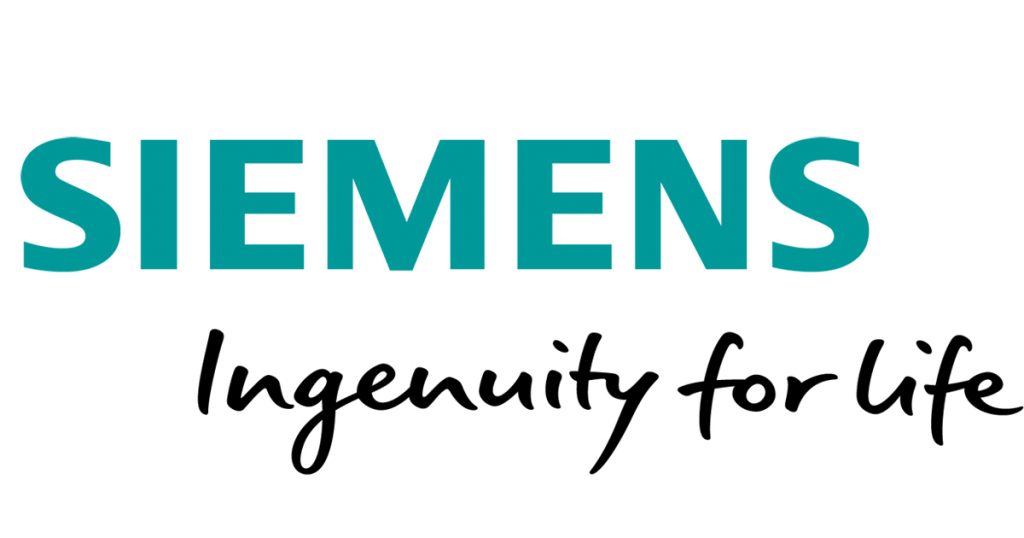Siemens Nigeria, which recently signed an agreement with the Federal Government, has started work, planning to supply additional 2,000 megawatts and 4,000 mw for consumption by 2021 and 2023 respectively.
Investigation by Vanguard showed that the company has been engaging with different stakeholders, including the Ministry of Works, Housing and Bureau of Public Enterprises, BPE, Transmission Company of Nigeria, TCN and Electricity Distribution Companies, DISCOs, in order to better understand all issues and challenges staring the sector in the face.
The engagements, involving visits and technical sessions culminated in the articulation of a plan, which has been approved by the government for implementation.
In an interview with Vanguard, the Chief Executive Officer, Siemens Nigeria, Mrs. Onyeche Tifase, stated that the programme, which is funded by the German government, started when the German Chancellor, Angela Merkel visited President Muhammadu Buhari on August 31, 2018 and learnt that Nigeria has serious power problems.
She said: “The German government, therefore, decided to assist Nigeria through government-to-government approach. The mandate is given to us is very clear. We have been tasked to identify all issues and problems, involving transmission and distribution, confront them, in order to deliver more power to consumers.
“Our engagement with major stakeholders already showed that many challenges, including, pipeline and other forms of vandalism, poor facilities, inadequate infrastructure, lack of liquidity, obsolete technology, energy theft, illegal connection and low tariff currently haunt Nigeria’s power sector. Siemens and others have started working to address these and other issues.
“Our intervention is expected to eliminate all bottlenecks, overhaul and stabilise operations, targeted at achieving maximum power delivery to consumers at a tariff level that would be attractive to investors, required to further increase generation, transmission and distribution of power.
“It is a very realistic plan. As a company, we have already demonstrated our competence with the completion the construction of Azura plant, which has the capacity to generate commercial electricity. Now, we have been tasked to ensure 7,000mw, 11,000mw and 25,000mw of power are delivered to consumers by 2021 and 2023, before further upscaling supply to 25,000mw.
“Since Nigeria currently has the capacity to transmit about 5,000mw, our focus is to address all the issues to deliver additional 2,000mw, thus increasing it 7,000mw between now and 2021. More efforts will be made to hit additional 4,000mw, thus realising the targeted 11,000mw by 2023. The realisation of 25,000mw will require the massive deployment of conventional and non-conventional means or resources, including gas-powered and renewables.
“The prospect is very high, after all every nation has a journey. First, Nigeria is endowed with many resources such as crude oil, natural gas, water and wind, which could be harnessed to generate, transmit electricity to consumers. Second, the nation is blessed with qualified and experienced human capital.”
Similarly, with the current initiative, Siemens and others expect the nation to generate, transmit and distribute adequate power in medium and long term.
Meanwhile, Mr. Muda Yusuf, the Director-General, Lagos Chamber of Commerce and Industry, stated in a telephone interview that the nation’s current poor power situation has crippled operations in many sectors of the nation’s economy.
He said investors in many sectors, especially manufacturing, telecoms and agriculture, have been compelled to generate their independent power at higher cost.
Yusuf pointed out that the high cost of generating power has culminated in the high cost of goods and services, making locally produced goods noncompetitive in the global market.
Buhari had at the signing of an agreement with Siemens stated: “Our intention is to ensure that our cooperation is structured under a Government-to-Government framework. No middlemen will be involved so that we can achieve value for money for Nigerians. We also insist that all products be manufactured to high quality German and European standards and competitively priced.’’

